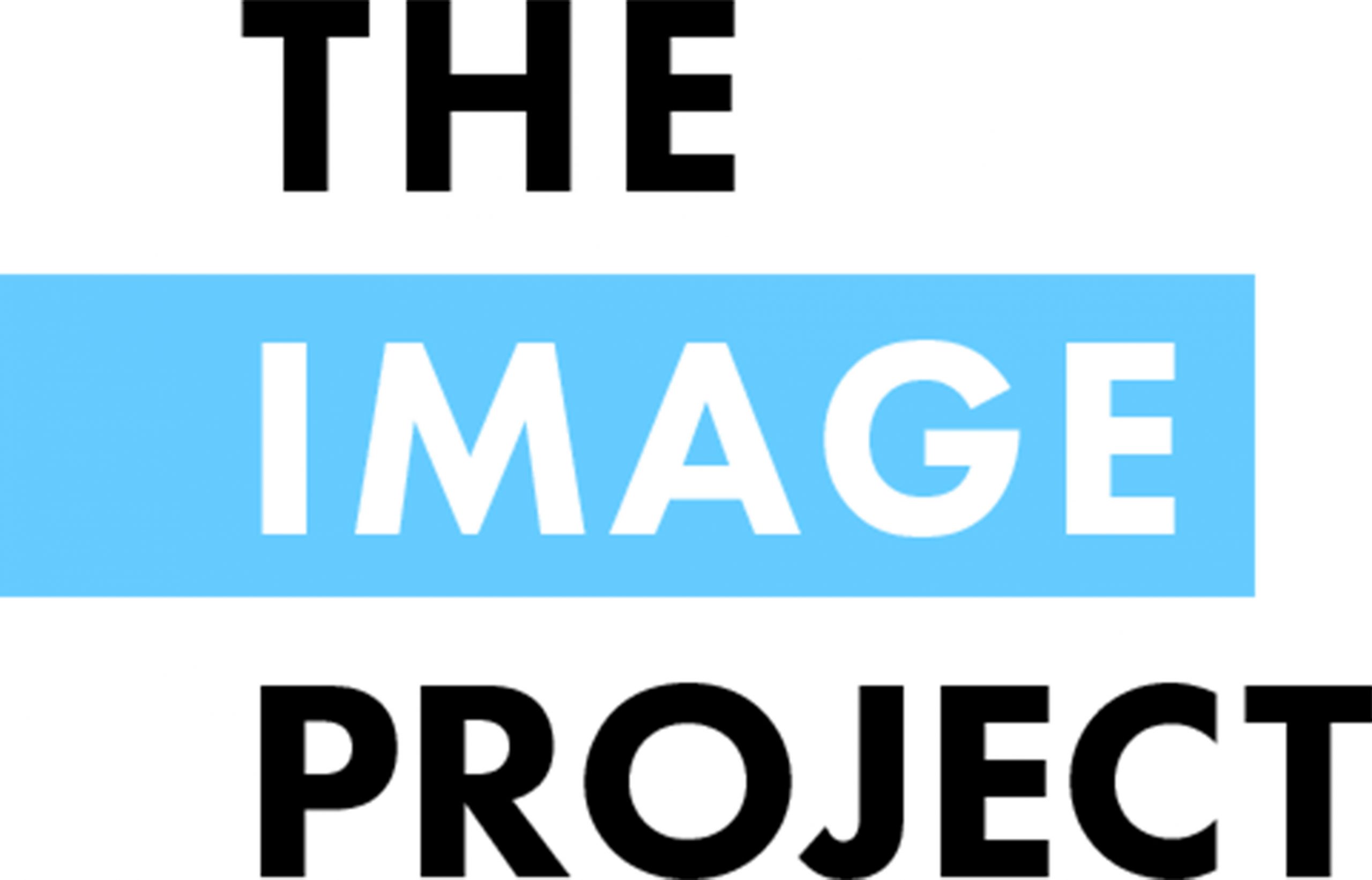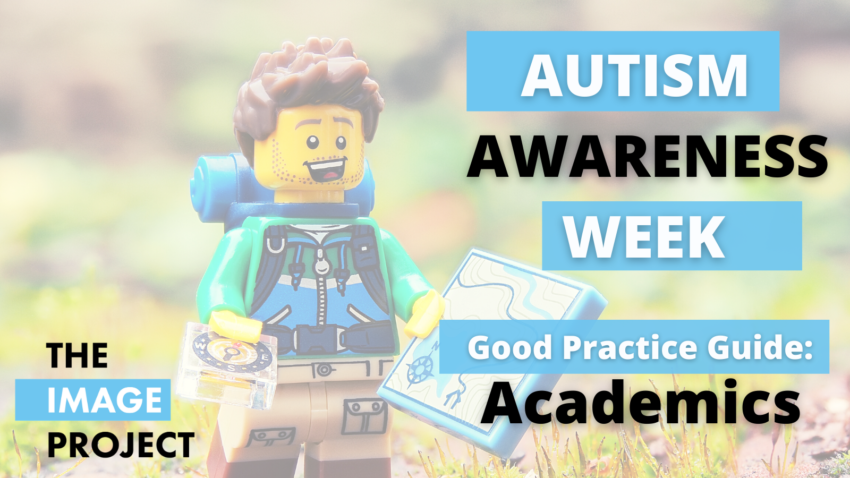This week we are giving you a sneak peek into our research-based materials that are designed to support autistic graduates to gain employment. We begin the week by introducing our Good Practice Guide for Academics.
Introduction to Good Practice Guide for Academics
This Good Practices Guide has been written especially for academics, by academics with experience in supporting autistic students and graduates, and is based on extensive research. Autistic individuals have also helped us to put the guide together.
Many autistic graduates face unemployment after graduation, and those who manage to find work are under-employed or in low-level jobs rather than graduate positions related to their degree. We hope that this guide helps academics to strengthen their students’ employment opportunities, ensuring that higher education teaching allows students to make the best use of their skills and talents.
Our research showed that those who teach in higher education play an important role in supporting students. A trusted academic was often the key to career success, whether that meant suggesting the best direction for a particular student, or helping students with contacts, advice and encouragement as they seek work.
Focus on what a particular student is good at, and use this to tailor your advice on courses, skill-building, career planning and job-seeking. Make sure your students receive frequent feedback as their skills and knowledge develops, so that they can highlight their strengths in CVs and communicate these with employers.
The Good Practice Guide will be available in five European languages: English, Dutch, French, German and Finnish.
Lastly we want to give you a sneak peek to the actual content of our guide:
Tips for personal tutors and thesis supervisors
Need to know
Personal tutors are important in the inclusion to the university community. Many autistic students have difficulties in social interaction and therefore building their social networks that would be beneficial in building bridges with the potential employers. These networks can be purposefully strengthened also by thesis and practicum supervisors
Need to have
Students benefit from having allocated academics, personal tutors, peer tutors or equivalent who can be contacted when needed. Ensure that there is consistent support available through their studies, i.e. same person(s) at the same time. This is especially important close to big milestones, e.g. at the beginning of the studies, practicums, writing of the thesis and close to graduation.
“Just someone who I can always go to at any time, when I have problems, like someone who’s sat next to me I guess in lectures and work, someone who I can ask who is trained in the course that I was on and my condition and, you know, someone who I could go to just to get maybe prompting or support on things …”
21, male, England, student in BA creative media technology, not working at the moment
Need to do
Help students to articulate their strengths and support needs
As an academic you can help students articulate their skills, preferences and support needs. You are in a unique position because you know the student and also the likely work context the student might find themself in.
Invite employers and industrial speakers to seminars
Many autistic students struggle with networking. You can ask employers or industrial speakers to visit your BA or MA seminars. You can also consult career services if they have good suggestions for guest speakers.
Encourage work experience and volunteering opportunities, to gain solid evidence and experience within a work setting
Provide concrete feedback, ensure balanced feedback and detailed clear explanations which put the feedback into context.
Provide clarity on key contacts for the individual, so the individual knows who to contact for various support rather than one contact for all queries.

